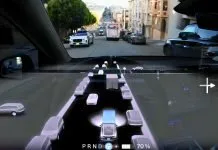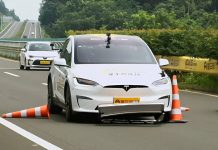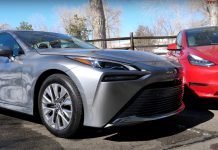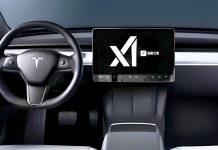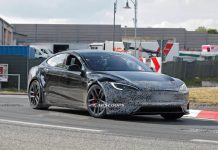Tesla has quietly begun offering the turn-signal stalk on the Model 3 again in China, marking one of the first major reversals in the visibly minimalist, yet sometimes radically altering, design of the entire vehicle line. Customers can now order Model 3 cars in the country with the stalk provided as standard equipment, and those earlier customers who ordered a version of the car with steering-wheel buttons can request a retrofit kit.
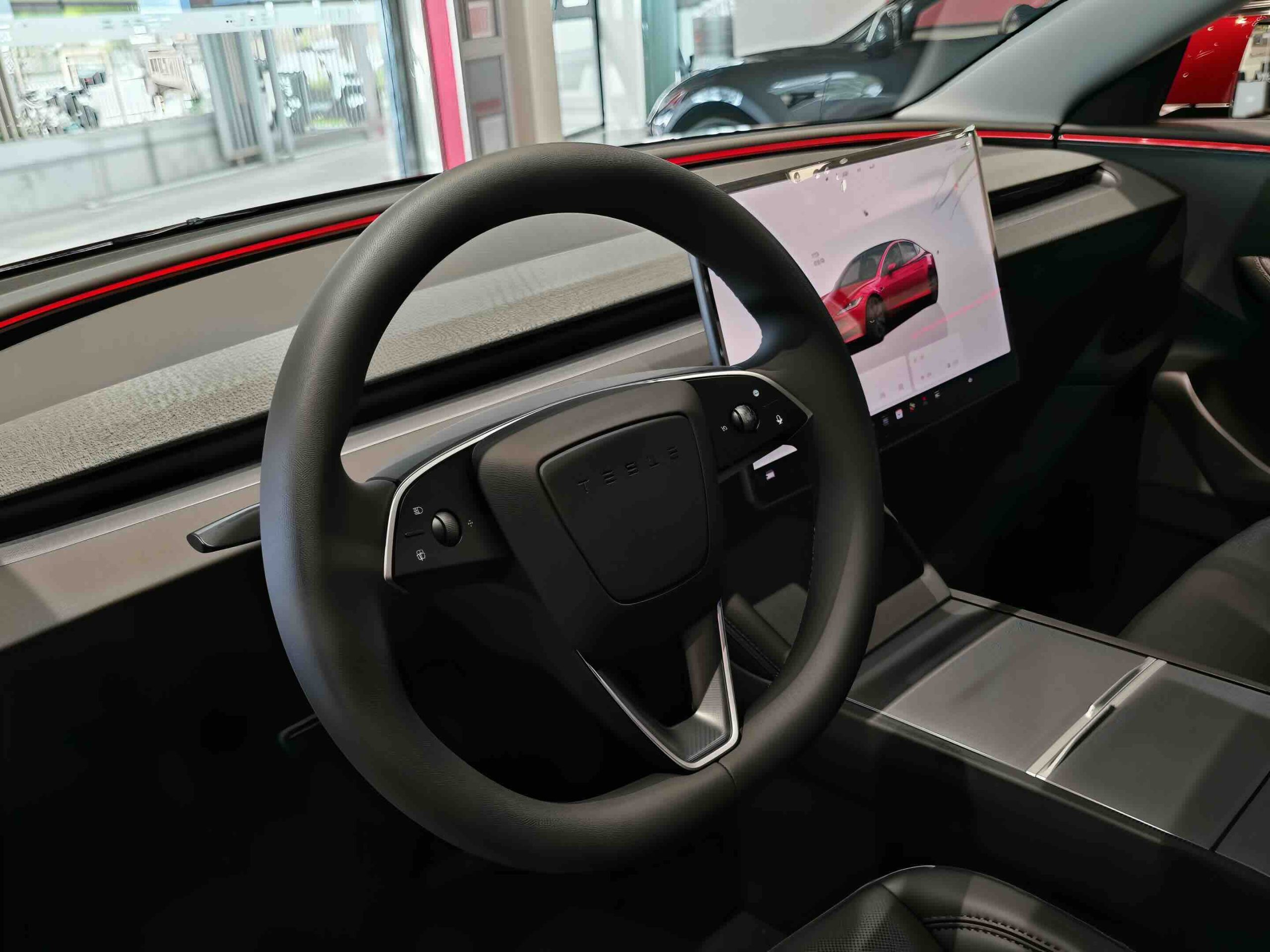
What Changed: Why Drivers Weren’t Thrilled
In 2023, Tesla revealed the Highland redesign of the Model 3. This update added a number of enhancements to include longer range, upgraded interiors, and improved ride quality. However, one of the changes that has been hotly debated is the elimination of the conventional turn-signal stalk. Tesla substituted it with touch-sensing controls fixed on the steering wheel as well as on the front touchscreen.
This conclusion was based on the minimalist approach to designing products and the idea of Tesla as a company, which will put autonomous driving in the spotlight of the future. Not everyone welcomed the change. Most drivers stated that it screwed up established muscle memory, making it less natural to signal. Critics complained that in a fast-moving driving situation, the absence of a physical stalk could even be dangerous.
🔥 First pics of the Tesla Model 3 with a turn-signal stalk, now available to order in China!
Without turn-signal buttons, the steering wheel is the same as the Model Y.
The 3rd and 4th pics show the”current” Model 3 with turn-signal buttons integrated into the steering wheel. pic.twitter.com/bKCPN7aaJf
— The Tesla Newswire (@TeslaNewswire) August 26, 2025
Tesla Admits the Redesign Went Too Far
Earlier this year, Tesla’s head engineer, Lars Moravy, admitted the company may have gone too far in its streamlining efforts. His words were indicative of a potential reinstatement of conventional controls, pointing to the idea that the company had truly listened to the customers.
China Leads the Charge
This has now come to be a reality of that prediction. In China, new Model 3 orders once more are offered with the turn-signal stalk as standard equipment. Owners can currently have Tesla install a retrofit kit at service centers. The upgrade will come at a price of 2,499 yuan, or approximately $350 USD.
Now, retrofit is possible only on cars produced after February 7, 2025, because those cars are already equipped with the corresponding wiring. Tesla has also verified that the capacity of retrofits will be extended to older production runs; however, specifics and prices on retrofits on older vehicles have not been disclosed.
Familiarity Wins, Even If It’s Not Perfect
The stalk is similar to the one that is currently implemented in the updated Model Y. It is basic and practical, but does not have all of the features of conventional levers, which include a high-beam indicator and windshield washer access. Nonetheless, its introduction in the future would bring back the sense of touch to most drivers who relied on it.
The response of current customers has been mixed yet eye-opening. On social media and forums, some celebrated that Tesla is attempting to respond to customer feedback, whereas some vented their frustration at having to pay additional money to get previously standard functionality back. Quips such as that of creating a problem and selling a solution typified the sentiments of more wary owners.
Why Is It Important?
The relocation of the turn-signal stalk offers a larger lesson in car design: not to innovate at the cost of usability. The concept of minimalism set by Tesla did not match the daily requirements of regular drivers. By reversing course, the company demonstrates a rare willingness to adapt.
Another role China plays is that this is the place where Tesla experiments with new concepts. In case the stalk gets a good reception there, it will be very probable that Tesla will implement the change in other markets as well. It hints at the fact that customer satisfaction is also becoming a winning formula, particularly in highly competitive EV territory, in addition to being futuristic in design.





